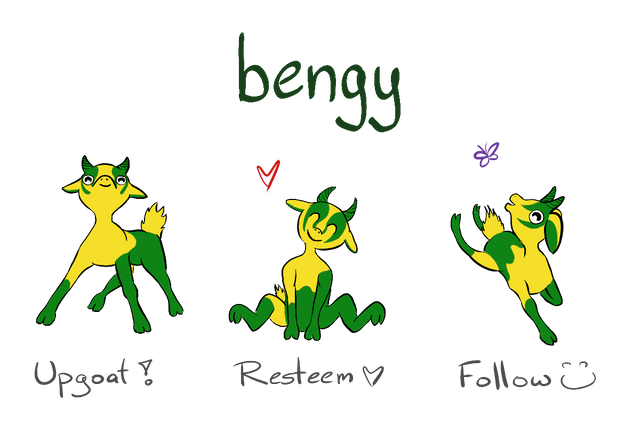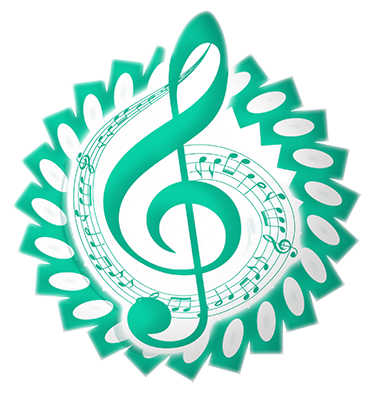Two Handy Schooling Websites for Kids (Coding and Physics)

During this enforced shutdown of the school system in The Netherlands, we are basically on our own with limited guidance from the school to do our home-schooling. They send us a packet of stuff to do, and there is also an online portal to do basic spelling and arithmetic. Our kids are at a Montessori school and not that old either, so there isn't the crazy reliance on homework and pressing weights of incoming exams.
That means that we have quite a bit of latitude to try out different things that they aren't teaching at school after we have done a bit of the "recommended" material. Of course, we do finish the recommended stuff, but it goes pretty quickly. For us, the Dutch language stuff is pretty useful, as neither my wife or I are native speakers and we struggle to teach it to the kids... in fact, I think they are waaaaayyyyyy ahead of me already!
The schooling materials (online and physical) can, in general, run the risk of teaching method over understanding... this is something that I see in many of my students. By the end of the high school, there are way too many people who are more interested in the marks over understanding... and their understanding (at least in Physics and Mathematics) is brittle as it has emphasised method and target hitting (aka marks) over understanding. The more recent drive to make the school curriculum more "relevant" has made this much much worse... however, that is a rant for a different day!

The first of the two interesting learning resource websites is this programming/coding website called Code.org which is available for free anywhere in the world. The courses are catered for Kindergarten through to High School levels and are geared towards helping kids have a programming mindset and approach to problems as well as including a few videos from people in the field on a variety of topics from Cyber-bullying through to interesting projects that you can do with programming tools.
Our kids are in the primary school, so I haven't really explored the older topics in depth. Most of what the older child is doing is learning a block-based programming to solve puzzles and problems. It starts off pretty easy (much of which she has done with toys like Cubetto) and now is starting to get quite a bit more involved.... including a course on de-bugging!
The courses are structured in a way to introduce a single new type of problem/technique with a video, then follows up with about 10 short problems of varying difficulty that incorporates the new skill with previously learnt skills.
All of the problems solve a visual problem that uses the characters from various well known internet tropes like Minecraft, Angry Birds or Flappy Bird amongst many others... and these little things help to keep my kids engaged and interested in solving the problems. Of course, my oldest just loves puzzles anyway... so this is perfect for her! She ends up wanting to do this in her spare time!
For the younger child (toddler), there is a few short courses that are appropriate... mostly involving small puzzles that help with learning the click and drag interface of PCs. There is also the start of block based programming, but that is a bit beyond her at the moment... she can do it with supervision and help with a parent, but it requires reading and a sequential understanding that isn't quite there yet without some prompting!
However, I can definitely recommend this resource/website for those who are interested in introducing middle-older primary school aged kids to some basic programming skills and more importantly, the mindset required for solving problems with code!

The second website is a more interesting (to me at least!) as it deals with the teaching of Physics to primary and early secondary school students. It is an pilot program run by David Blair from University of Western Australia, who is someone of quite some renown in the Gravitational Physics community.
The idea that he is trying to promote is the teaching of "advanced" concepts from Quantum Mechanics and General (Special) Relativity to young children.. following the quote attributed to Einstein that "Common sense is the collection of prejudices acquired by age eighteen." Well, this is something that resonates heavily with me... I've never liked the idea of common sense, as it is often used to justify the lack of critical and analytical thinking. I find that we find ideas and concepts to be common-sensical and "natural" if they resonate with our innate desires and wishes, usually without investigating how biased we already are....
So, how does this apply to Physics? Well, basically it revolves around the fact that we spend so much time and energy teaching children about Newtonian Physics (and simple arithmetic) instead of focussing upon Relativistic Physics (and probability/statistical analysis). We know already that Newtonian Physics is a bit of an approximation... and such a huge degree of focus lays the groundwork for finding Quantum Mechanics and Relativity to be non-sensical and difficult.
In a recent podcast, he described the following analogy. It is as if we taught our kids that the world was flat because it is a very good local approximation... and then only taught them of the existence of a sphere/globe model of the Earth when they reached University!
It is an interesting concept, as young kids are more able to grasp new ideas... and aren't confined by the chains of "common sense".
Anyway, the website/resource has a number of activities that can be done at home... although, at the moment, the programme is in a sort of study/trial phase that has had some promising results. One of the more interesting results is that girls are similarly interested in the subject as boys... which might help make a difference in the disparity in the incoming pipeline which tends to over-represent boys over girls as girls somehow start to lose interest in the formative years.


Account banner by jimramones


Great way to put it..
Yes... when he put it like that, I was convinced!
Congratulations! Your post has been selected as a daily Steemit truffle! It is listed on rank 9 of all contributions awarded today. You can find the TOP DAILY TRUFFLE PICKS HERE.
I upvoted your contribution because to my mind your post is at least 3 SBD worth and should receive 128 votes. It's now up to the lovely Steemit community to make this come true.
I am
TrufflePig, an Artificial Intelligence Bot that helps minnows and content curators using Machine Learning. If you are curious how I select content, you can find an explanation here!Have a nice day and sincerely yours,

TrufflePig